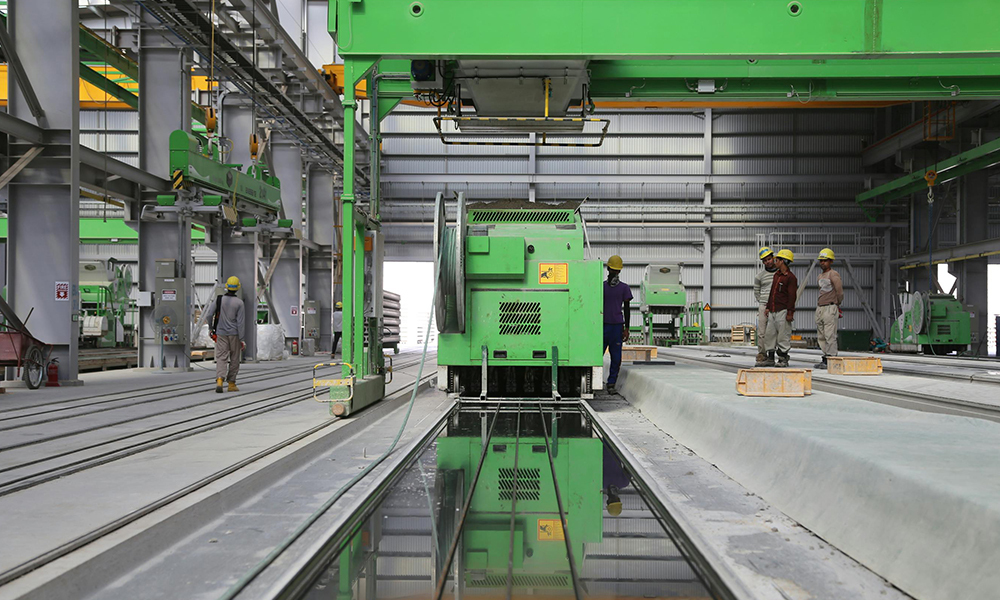Data and Infrastructure
Outdated systems and lost knowledge stand between companies and their own potential
Monday January 27, 2025

- Manufacturing industries in 2025 focus on documenting the expertise of long-term employees to prevent loss of critical operational knowledge.
- Fragmented data systems hinder AI's effectiveness, prompting a push for centralized data solutions like Data Lakes.
Many companies in manufacturing are investing in tribal knowledge capture. Employees with over five years of experience often hold vital knowledge in their heads that isn’t documented. Formalizing and centrally storing that knowledge will be a big area of investment.

Amar Chheda
Senior Data Scientist, Manufacturing Industry
The allure of AI’s speed and efficiency dims in the face of the challenges companies face in harnessing its full power. As 2025 begins, industries are urgently working to capture invaluable tribal expertise and overhaul legacy systems, in hopes of reclaiming what has been lost and use AI to its full potential to stay ahead of competitors.
Tribal knowledge: A major focus for the manufacturing industry in 2025 will be to document the expertise of long-term employees, often referred to as tribal knowledge. This informal, unwritten knowledge is critical for operating and maintaining machinery, some of which spans decades.
"Many companies in manufacturing are investing in tribal knowledge capture," explains Amar Chheda, a Senior Data Scientist. "Employees with over five years of experience often hold vital knowledge in their heads that isn’t documented. Formalizing and centrally storing that knowledge will be a big area of investment."
Without such efforts, companies risk losing this expertise when skilled operators leave. This knowledge is especially valuable for operating a mix of old and new machinery, where only seasoned employees know how to tweak and maintain equipment effectively.
A lot of companies have data in silos. Systems often don’t talk to each other, so information is scattered. For example, data for one operation might be in one database, while data for another is stored elsewhere.

Amar Chheda
Senior Data Scientist, Manufacturing Industry
Data silos: Beyond tribal knowledge challenges, many companies struggle with fragmented data systems that hinder AI’s full potential. Chheda notes, “A lot of companies have data in silos. Systems often don’t talk to each other, so information is scattered. For example, data for one operation might be in one database, while data for another is stored elsewhere.”
Centralizing data through solutions like Data Lakes allows organizations to track, store, and utilize data more effectively. However, smaller manufacturing companies often fail to capture essential sensor data—a key resource for leveraging AI.
"Sensor data is a gold mine," Chheda adds. "But many smaller companies aren’t capturing it, which limits their ability to fully harness AI."
Upskilling for AI Adoption: Adopting AI requires more than technology—it demands a shift in workforce skills and culture. "One of the things that helps companies stand out is getting started with AI and upskilling their workforce," Chheda explains. "There’s often a gap between the 1% of employees adopting AI and the 99% who don’t understand it. Educating and upskilling employees about AI’s advantages will be crucial for long-term success."